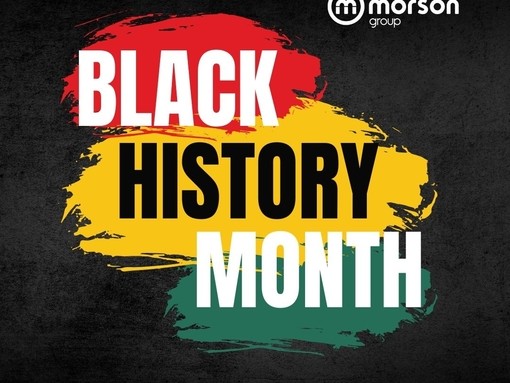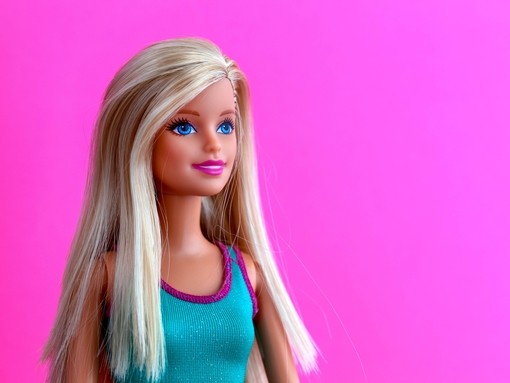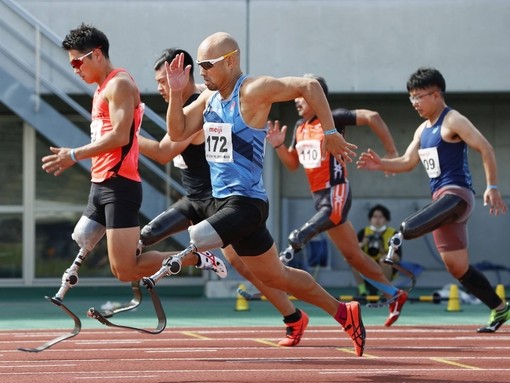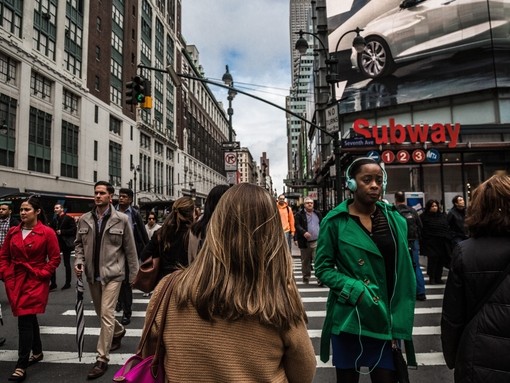
Should we celebrate International Men’s Day? History, controversy & significance
Page content
Page content
Every year on 19th November, International Men’s Day (IMD) is celebrated across the world.
Many people will be left wondering why men need an awareness day when every day could be considered male-dominated. Official days tend to acknowledge the ‘underdog’, and so this November celebration continues to raise an eyebrow.
In this article, we explore how IMD is representative of the need to extend empathy to those who appear to need it least. We ask why it is that boys are struggling academically, prisons are full of men and the most common cause of death for men under 50 is suicide. We consider that IMD is not about ‘othering’ women and justifying misogyny but is more about a celebration of male diversity, giving vulnerable men choice and positive hope for the future.

History
International Men’s Day appears to have been conceived in the 1990s by an American men’s rights activist, Thomas Oaster. With West Indies professor Dr Jerome Teelucksingh choosing the date in 1999 to encourage people to raise issues that affect boys and men.
IMD received massive support in its early years in the Caribbean. Due to its persistent connectivity, International Men’s Day has entered the mainstream.
The controversy
Isn’t every day International Men’s Day?
Why do we need an International Men’s Day? For some, celebrating the notion of ‘man’ which has dominated the socio-economic-political narrative for hundreds of years, leaves a sour taste.
One of the main sources of controversy is around International Women’s Day (IWD). IWD marked since 1911, is a global day to celebrate women’s emancipation and draw attention to the barriers still faced by women all over the world.
However, IMD is not intended to compete with International Women’s Day and there are some major objectives behind having a day dedicated to men’s issues. It’s clear that the modern male, and the notion of ‘man’, is struggling and the reality is startling:
3 out of 4 suicides are men
2 out of 3 violent deaths are men
Men die 6 years younger than women on average
Boys underperform girls at every stage of education
Single fathers who want to be more involved in their children’s lives face a range of barriers
International Men’s Day is marked to focus on the health and well-being of men, promote gender equality, celebrate the positive contributions of men towards society and promote and encourage positive male role models to create a better and safer place for everyone.
Challenging the narrative, the significance of IMD
‘Big boys don’t cry’
Many men are still trapped by stereotype threat, conforming to society’s idea of what a man should be. It’s part of the reason that according to World Health Organization (WHO), suicide is the top cause of death among men under the age of 45, boys are struggling academically and prisons are full of men.
Arguably it’s harder for men to be vulnerable because that is acting outside their prescribed gender role. If International Women’s Day is to celebrate women’s success in the face of sexism, IMD can celebrate men challenging stereotype threat. Men have parenting rights, do suffer domestic abuse and do have unmet mental health needs. They are just as lonely, just as vulnerable, but far less likely to admit it and seek help.
IMD aims to open the conversation, break down toxic forms of masculinity and reminds us all that men don’t have to be imprisoned by stereotypes.
‘Man’ is not binary
Men, like women, are diverse. Gender fluidity challenges more and more the very notion of binary gender divisions and what a ‘man’ is supposed to be.
IMD is an opportunity to celebrate differences rather than demonising them, and a quick look at social media shows waves of people acknowledging and championing people who are driven to make man a more inclusive category and who “fight against toxic gender norms’.
Rejecting hypermasculinity and celebrating gay and bisexual men, transgender, transmasculine or masculine non-binary people is an important theme of the day. IMD celebrates male diversity and is an opportunity to promote alternative, kinder, more liberated versions of masculinity that can act as genuine role models for young boys to aspire to.
It is clear that there is an ongoing crisis with regards to young men and mental health, with unhelpful gender stereotypes contributing to this malaise. International Men’s Day reminds us to strive for positive relations across the gender spectrum, normalise vulnerability, open conversation and celebrate difference.
The book ‘Stories for Boys Who Dare to be Different’ offers a welcome alternative narrative. It is a compilation of 100 stories of famous men from the past to the present day, every single one of them a rule-breaker and innovator in his own way. Entries include Frank Ocean, Salvador Dalí, Rimbaud, Beethoven, Barack Obama, Stormzy, Ai Weiwei and Jesse Owens - different sorts of heroes from all walks of life and from all over the world.
So, this International Men’s Day, check in with your male family members and friends, and see how they’re doing, engage your children, peers and colleagues in the conversation and celebrate difference and acceptance.
















